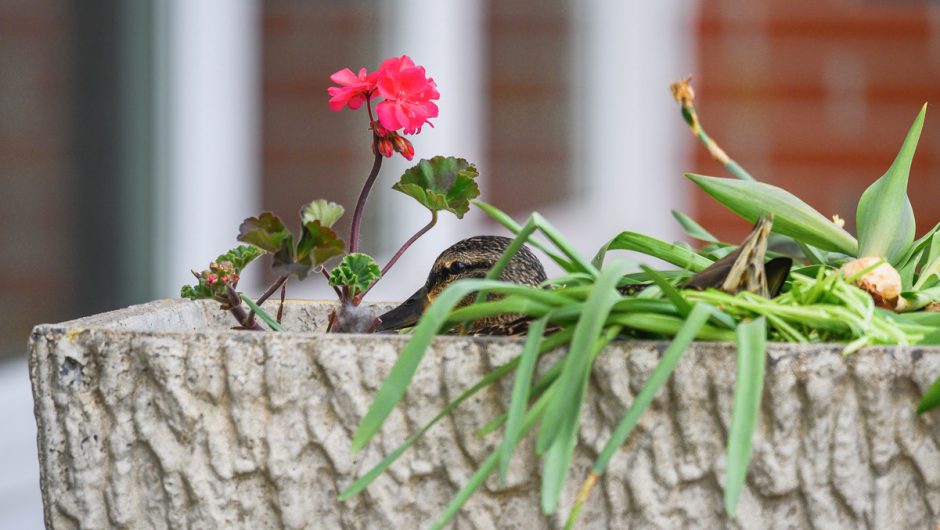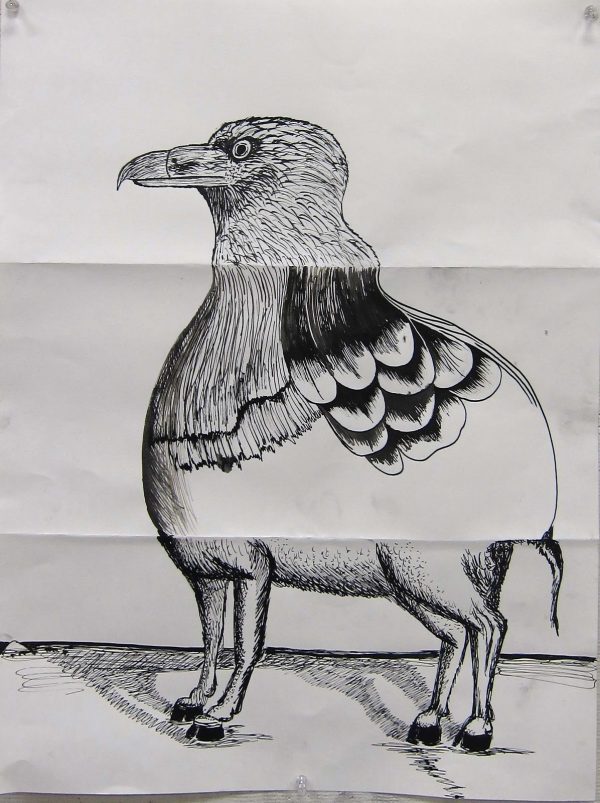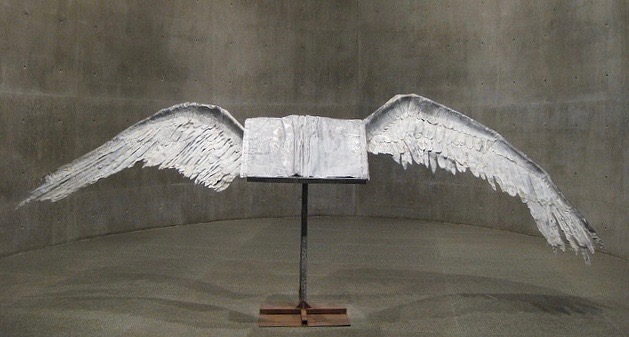[vc_row][vc_column][vc_column_text]This week, a female mallard with a slight limp came waddling through our condo courtyard, sizing up the planters beside each front door, hopping into one, wiggling her breast into the debris of last year’s plantings, then jumping out to try the next. Two years ago, this same female sat for ten weeks on soil barely covered by the dried tops of my potted daffodils and tulips. Roofers working nearby left corn and cut-off Coke bottles filled with water.
The Unexpected Nature of Collaboration
[vc_row][vc_column][vc_column_text]In an exhibition featuring Frida Kahlo and Diego Rivera at the Detroit Institute of Arts a few years ago, I found a small framed drawing in a far corner. The image was bizarre: a round-breasted woman holding a fig leaf on strings over prominent male genitalia. The title of the piece was Exquisite Corpse, the name the Surrealists gave to an old parlour game known as Consequences.
Exquisite Corpse is a kind of blind collaboration. The game begins when one person draws a head at the top of the page, then folds over the paper to conceal the image from the next person, who then draws the chest, handing the paper back and forth (or around the parlour) until the entire character is drawn and the image — often funny, always strange, and definitely accidental — is revealed.
The Afterlife of Books
[vc_row][vc_column][vc_column_text]Jonathan Swift imagined a battle of books in the night, volumes hurling themselves off the shelves to tear each other’s pages out. But what really happens when the lights are dimmed, when readers go home, when a library falls into disuse or is abandoned to human disaster?





Recent Comments